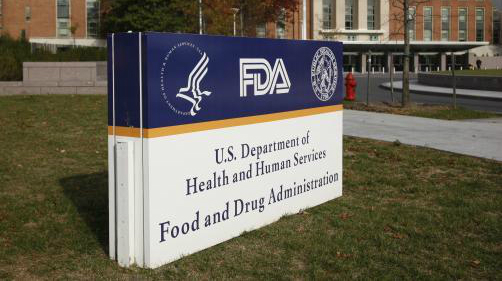Solid sinks after FDA places hold on Duchenne gene therapy trial

Shares in Solid Biosciences plunged yesterday after the FDA placed a clinical hold on the trial of its gene therapy for Duchenne muscular dystrophy (DMD) following a serious adverse reactions in one patient.
The Cambridge, Massachusetts-based company saw its sales sink 50% on the news that the trial of SGT-001 had been placed on clinical hold after the patient was hospitalised for a reduced blood platelet and red blood cell count.
The patient has now recovered and is without symptoms, but further investigation is required before the trial can be restarted.
SGT-001, is a novel adeno-associated viral (AAV) vector-mediated gene transfer under investigation for its ability to address the underlying genetic cause of DMD, mutations in the dystrophin gene.
These result in the absence, or near-absence, of dystrophin protein, and SGT-001 is a systemically-administered candidate that delivers a synthetic dystrophin gene, called microdystrophin, to the body.
The AAV vector mediated platform is the same gene transfer technology used in Spark’s Luxturna, the first ever FDA-approved gene therapy, as well as many more therapies in the pipeline. What implications SGT-001’s problems may have for the wider field remain unclear, though it looks unlikely to be associated with the gene transfer platform.
Concerns about the therapy have been rumbling for a few months; researcher James Wilson quit Solid’s advisory board in January, expressing fears about potential safety issues. The company then revealed the FDA had placed a ‘partial clinical hold’ on the SGT-001 study just before Solid priced its initial public offering.
IGNITE DMD is a phase 1/2 clinical trial for SGT-001, a novel microdystrophin gene transfer treatment which aims to halt the muscle degeneration seem in Duchenne patients.
The study is designed to assess the safety and efficacy of SGT-001 in ambulatory and non-ambulatory children and adolescents with DMD. The first patient dosed in the clinical trial was a non-ambulatory adolescent who received 5E13 vg/kg of SGT-001 on 14 February 2018.
The company is hopeful that the trial can be resumed, as, while the side effects were severe, a number of the worst tell-tale signs were absent. The patient showed no signs or symptoms of coagulopathy (bleeding disorder) and no relevant changes from baseline in liver function tests.
Solid has halted enrollment and dosing in IGNITE DMD and says it is awaiting the formal Clinical Hold letter from the FDA to understand the requirements for resuming the clinical trial. The company says it will work closely with the agency to resolve the Clinical Hold.
SGT-001 is based on pioneering research in dystrophin biology by Dr Jeffrey Chamberlain of the University of Washington and Dr Dongsheng Duan of the University of Missouri.
Data from Solid’s preclinical programme suggests that SGT-001 has the potential to slow or stop the progression of DMD, regardless of genetic mutation or disease stage.










